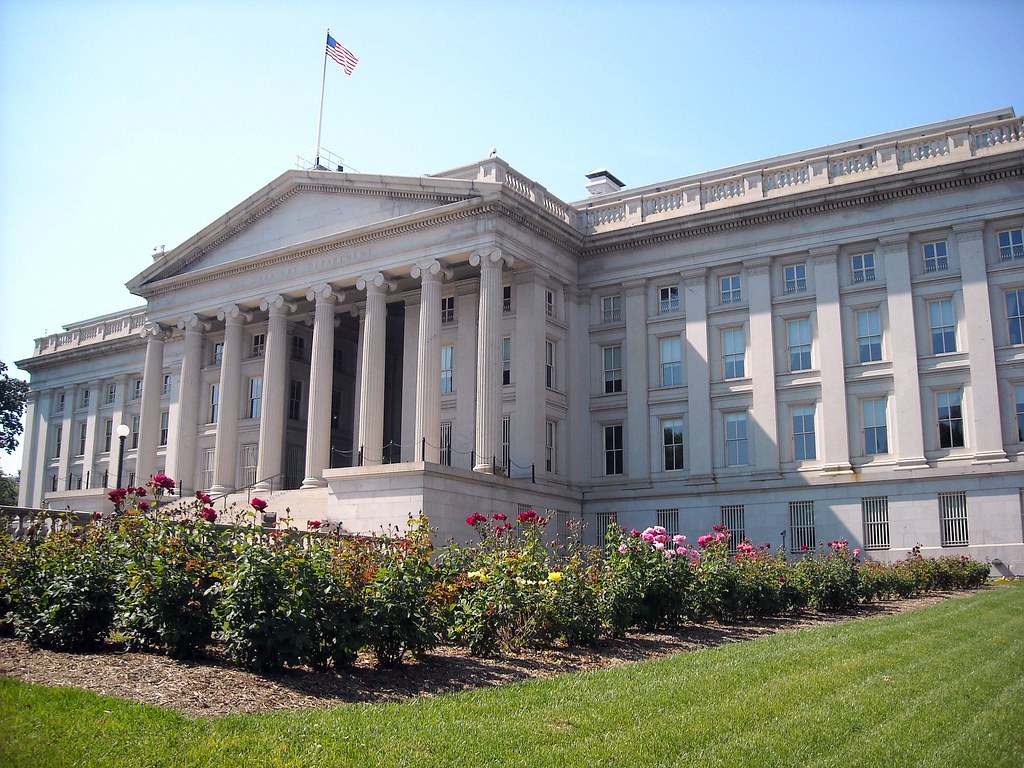WASHINGTON (Transatlantic Today) – An administrative official said Tuesday that the Treasury Department is working to prevent the Russian administration from paying its debts in US dollars at US institutions, limiting one of President Vladimir Putin’s efforts to avoid default.
Russia has many debt payment dates in April. According to the person, the Kremlin now has to pick between emptying its last precious dollar reserves, using fresh money coming in, or defaulting. The individual spoke on the request of anonymity because he was not allowed to comment on the record.
The Treasury’s ruling comes after the department earlier stated that sanctions imposed on Russia as a result of its war in Ukraine still allow Russia to pay its debts. According to ABC NEWS, the debt is due to international investors, among others, and flows from government spending aimed at boosting Russia’s economic growth.
As it pursues its invasion of Ukraine, Russia is experiencing surging prices, shortages of basic products, and interrupted commerce with the rest of the globe.
While the ruble has recovered from the plunge it suffered as the United States and its European allies attempted to bury Russia’s economy, Putin has moved to extraordinary financial tactics to defuse Western sanctions and boost his currency.
As a result of the war, Western sanctions have imposed significant limitations on banks and other economic transactions with Russia, as well as freezing much of the government’s foreign reserves.
The West has blocked significant Russian banks out of the SWIFT financial messaging system, which is used every day to send billions of dollars between over 11,000 banks and other banking institutions all over the world. Russian authorities, the central bank, commerce and natural resources, as well as Russian oligarchs have all been sanctioned.
The United Kingdom, the European Union, and the United States have restricted Russia’s central bank’s ability to access over $600 billion in foreign currency holdings and frozen its gold reserves. As a result, the central bank has few options for supporting the ruble and preventing its decline.
According to the Treasury official, the move to restrict bond payments will significantly drain the funds Putin is using to prolong his war against Ukraine, as well as create additional uncertainty and obstacles for Russia’s financial sector.
According to Darshak Dholakia, a trade and government regulations attorney in Washington, the US is constraining Russia’s access to finances to pay for its bond commitments in order to ensure that it has less funds to acquire weapons.
When a nation defaults, it may be barred from borrowing on the bond market until the debt is settled and investors have regained faith in the government’s capacity and willingness to pay. Furthermore, bondholders may suffer significant losses and may file a lawsuit.
Russia’s government may still borrow rubles domestically, where it buys its bonds mostly from Russian banks.


























